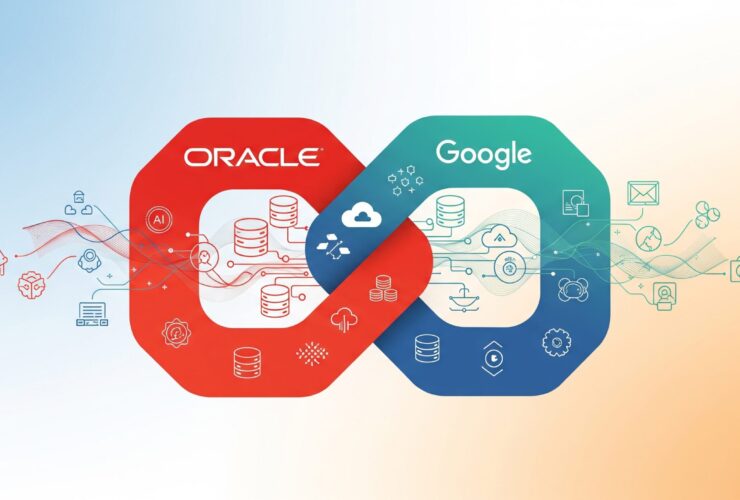Two cool AlloyDB features from Google NeXT ‘25 and Installing Google AlloyDB-Omni

Google Next ’25 and AlloyDB Innovations
The recent Google Next ’25 conference provided a deep dive into the Google Ecosystem, with a standout session focusing on AlloyDB’s latest advancements. Two particularly noteworthy innovations in both AlloyDB (cloud) and AlloyDB-Omni (on-premise) are poised to make a significant impact:
AlloyDB Performance Snapshots: Reminiscent of Oracle’s AWR reports, these snapshots capture point-in-time performance metrics of an AlloyDB instance. The output, presented in a simple text document, offers valuable insights into database activity and potential bottlenecks. This feature empowers DBAs to quickly diagnose performance issues and optimize database configurations.
AlloyDB AI Innovations: Google is integrating AI Vector Search functionality into both the cloud and on-premise versions of AlloyDB. This move not only keeps pace with Oracle’s advancements in vector search but also simplifies the process of deploying vector search capabilities in production environments. Vector search, a technique for finding similar items based on their semantic meaning, has a wide range of applications, including recommendation systems, image search, and natural language processing. By incorporating this functionality into AlloyDB, Google is making it easier for developers to leverage the power of AI in their database applications.
Accessibility and AlloyDB-Omni
The availability of these features in both the cloud and on-premise versions of AlloyDB ensures that developers and database administrators have ample opportunities to experiment and innovate. For those without the budget for a cloud-based AlloyDB instance, AlloyDB-Omni can be installed on a local workstation using Docker or Podman. The installation process is straightforward, requiring only a single Docker command to download and run the AlloyDB-Omni container. Once the database is up and running, users can explore the new features and experience the power of AlloyDB firsthand.
The command to quickly run AlloyDB-Omni for on-premises development or production work is:
docker run -d --name CONTAINER_NAME \
-e POSTGRES_PASSWORD=PASSWORD\
-p LOCAL_PORT::5432 \
--restart=always \
google/alloydbomni:latest
Conclusion
Google’s continued investment in AlloyDB demonstrates its commitment to providing cutting-edge database solutions for both cloud and on-premise environments. The introduction of performance snapshots and AI vector search capabilities further solidifies AlloyDB’s position as a powerful and versatile database platform. As these innovations mature and become more widely adopted, they have the potential to transform the way developers and DBAs interact with and manage their data.


